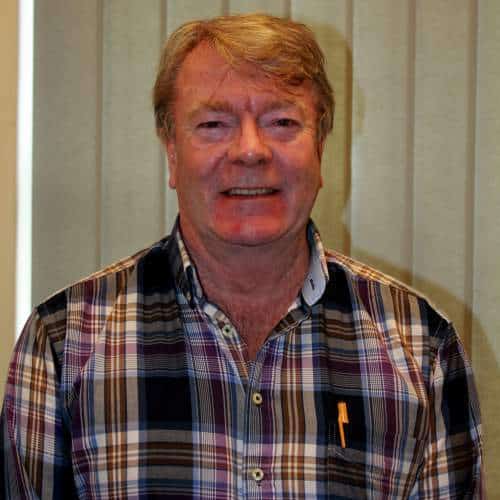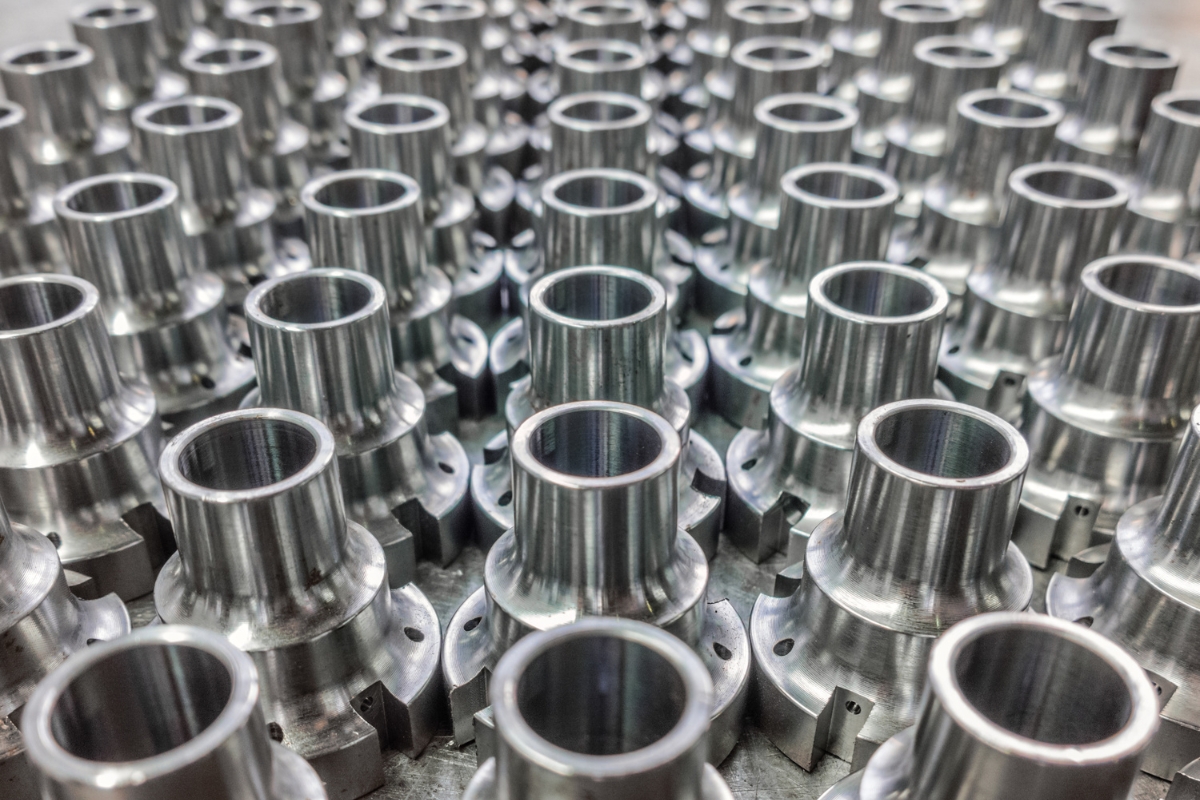To determine if an item is fit for use, humans have always used inspection. Before the era of mass production and industrial inspection, the same craftsman would have been both produced and assembled the products they were creating. If during assembly, parts did not fit correctly, the craftsman could make the required adjustments to fix the issue. No two parts were the same. However, there was no need for them to be. Because of this process, no separate inspection was needed.
Advancements in Production Methods
Industrial inspection is still relatively new and was only required due to the introduction of mass production and interchangeable parts.
The advancements in production methods have led to the creation of parts on a large scale. While these new methods drive down costs, they also pose new problems when it comes to inspection. The craftsman’s method from years gone by of adjusting individual parts to fit is no longer viable. Every part produced is now required to fit other mating parts every time without an individual inspection being required.
New production methods mean that component parts are all produced in isolation, often in different factories and in some instances different countries. The parts are then brought together and assembled into the finished article. This approach means that any part that is randomly selected must have a satisfactory fit with its mating parts. To achieve this, all parts must be manufactured within confined limits with only a very small tolerance in dimensions.
The Rise of Industrial Inspection
This is where industrial inspection is necessary in the mass production process. It is not required that every individual piece produced is measured to ensure it’s compatibility with mating parts. Instead, gauges are used to determine if key features are within the pre-defined limits. This method, therefore determines if the dimensional accuracy of a feature is accurate without checking the actual size.
The principal aim of this method is not to achieve perfect accuracy for each and every part but to ensure that the inaccuracy falls within acceptable limits. Any attempt to overachieve on the required levels of accuracy will generally lead to time wastage and increased costs of production.
The accurate measurement of mass-produced parts and the process of industrial inspection has led to big advancements in the quality and speed of production. Bottlenecks have been removed, leading to faster and more accurate processing procedures.
At Eley Metrology, we produce a wide range of products to support the manufacturing process. Our UK made precision measurement equipment is supported by our UKAS laboratory status. For further details on how we can help your business, please contact our team.

Jeff Eley is the founder and managing director of Eley Metrology, a leading company in the precision measurement industry. With decades of experience in metrology, Jeff has established himself as a respected figure in the field. Under his leadership, Eley Metrology has become renowned for its expertise in coordinate measuring machines (CMMs), digital height gauges, and granite metrology products. Jeff’s vision has driven the company to develop innovative solutions, including custom-designed CMMs and the flagship long-bore measurement machine (LBM). His commitment to excellence and customer-centric approach has positioned Eley Metrology as a trusted provider of high-precision measurement tools and services for industries such as aerospace, automotive, and manufacturing.


